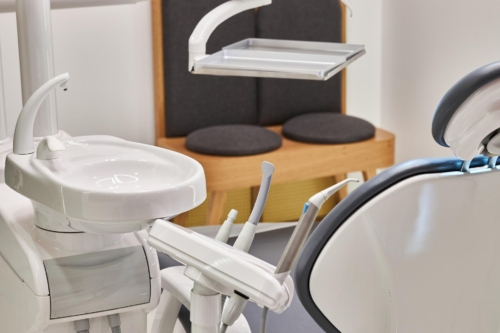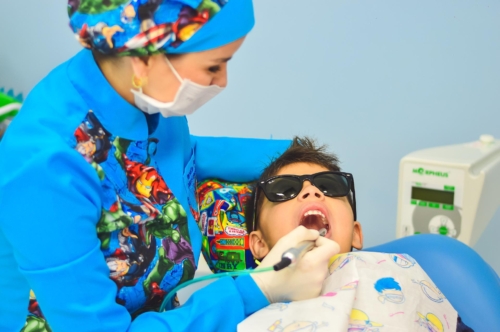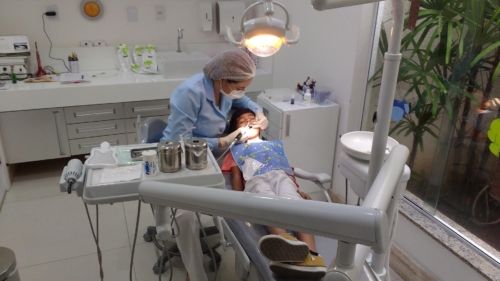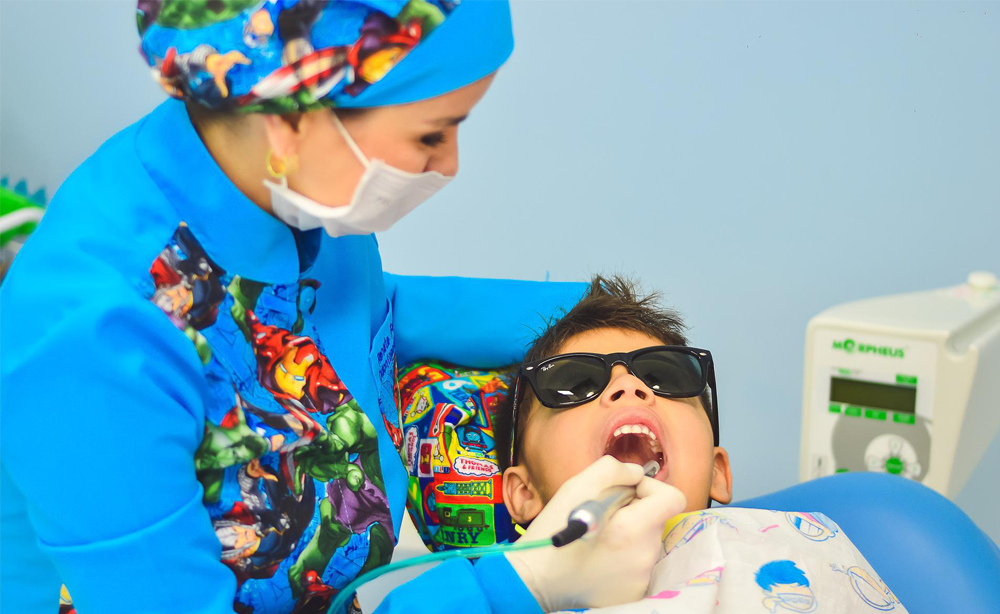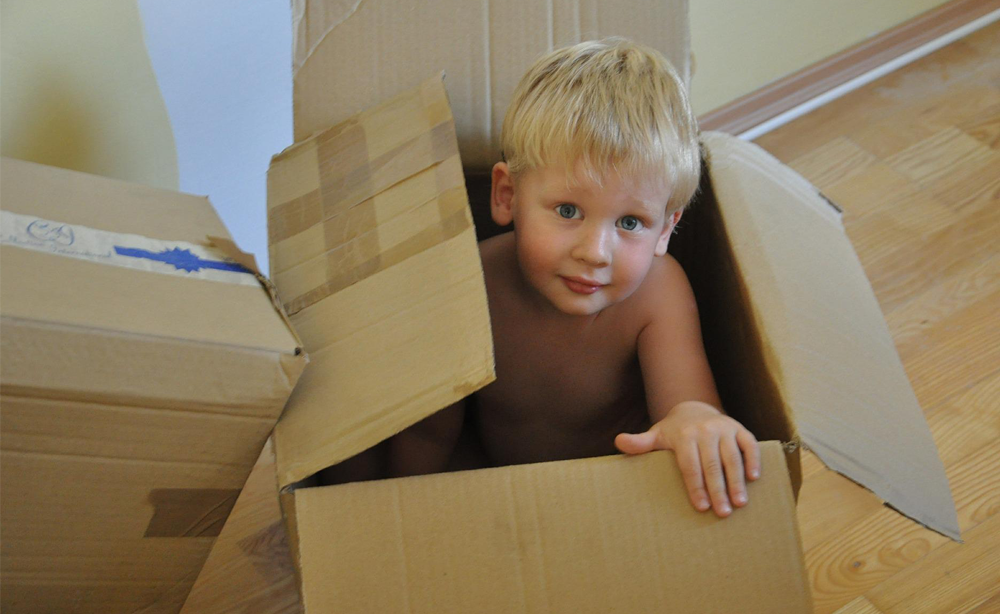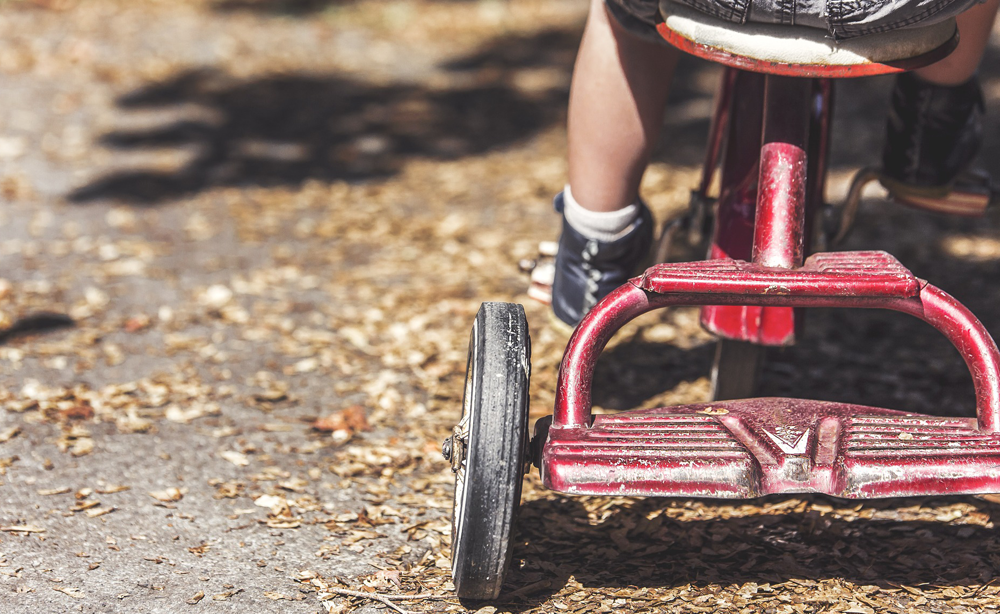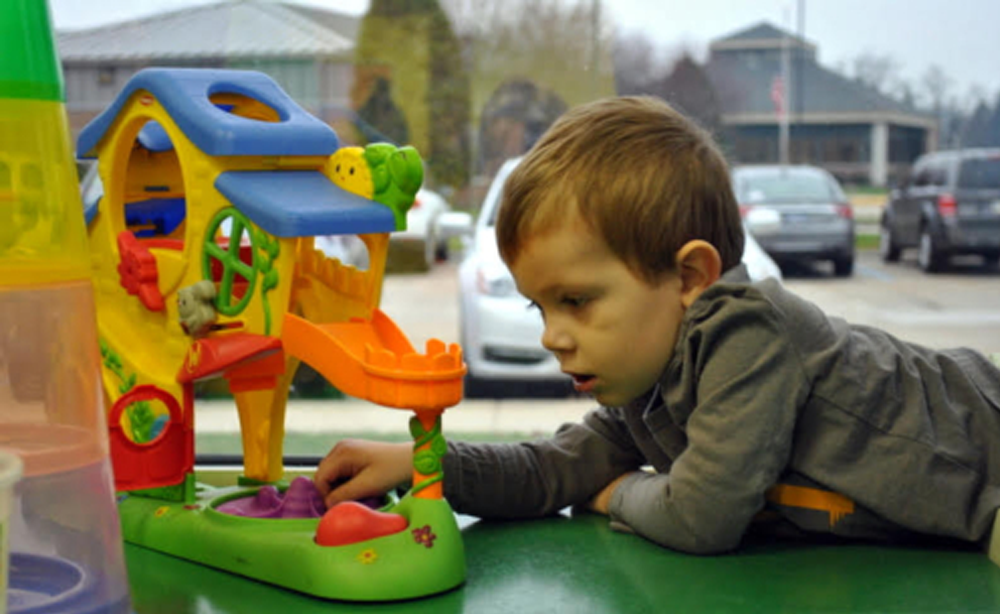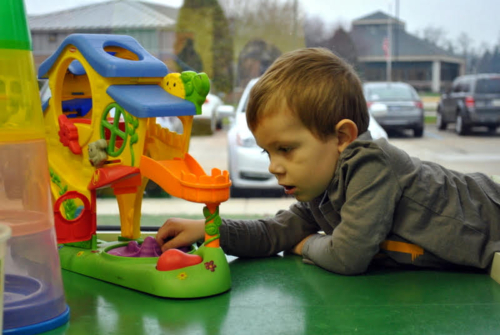Safety & Autism Centers: How LAC Prioritizes Safety
As a parent, trusting anyone with the safety of your child is a big ask, even more so when you know that your child sees, feels, and experiences the world differently. At Lighthouse Autism Center, we understand that safety means more than locked doors or clean playrooms. It means trust. It means creating an environment where your child is not only protected but truly seen, understood, and supported.
From the moment you step into one of our centers, we want you to feel what we’ve built: a space where clinical excellence meets compassionate care and where every safety decision, big or small, is guided by a simple belief — your child deserves nothing less than a place where they can thrive with confidence and joy.
Why Safety Awareness Matters in Autism Centers
When you’re exploring options for what ABA therapy center to send your child to, the curriculum and credentials are just one part of the process. The other is trust; finding a center that you trust will not only provide your child with the education and care they need but also do so in a manner that makes them feel emotionally and physically safe.
Trust starts with safety. Children on the autism spectrum may interpret risk differently or struggle to communicate their discomfort, which is why proactive safety awareness is essential in every part of the care environment. There are also the added challenges that children with autism experience that can make traditional safety protocols insufficient or ineffective. Things like elopement risks, sensory sensitivities, and communication differences mean that autism centers must go beyond standard practices to truly create safe spaces.
Awareness is the first step. When autism centers deeply understand the unique safety needs of their learners, they can design predictable and calming spaces, teach safety in ways that resonate, and respond to crises with precision and empathy.
The safety of an autism center is crucial. It shapes how rooms are designed, how teams are trained, and how children are supported through unfamiliar or challenging experiences. A truly effective ABA provider should be prepared for a handful of risks that can keep parents up at night. Knowing these autism and safety concerns helps you ask sharper questions on a tour and feel more confident about the setting your child enters each day.
Key Safety Concerns Caregivers Should Understand
Every child is unique, but there are common areas of concern that many caregivers of children with autism face. Understanding these helps families take preventive steps and work more collaboratively with therapy providers.
Wandering and elopement: Many children with autism are prone to bolting from safe areas, whether due to curiosity, stress, or a search for sensory input. The worry isn’t just a child stepping into the hallway; it’s the terrifying chance they might slip out a door before anyone notices. It’s one of the most talked-about aspects of autism risk and safety managementbecause the stakes are so high. So it’s important to make sure the center you’re looking at has stringent elopement prevention measures in place.
Home safety challenges: From everyday items like cleaning supplies to sensory-seeking behaviors like climbing, some risks can be hidden in plain sight. That’s why we often share practical advice on child-proofing a child with autism’s home to reduce stress and increase independence.
Overstimulation: Even in structured settings like therapeutic environments and ABA centers, sensory input can still become overwhelming for children with autism. Bright lighting, certain sounds, or crowded spaces may impact a child’s ability to stay regulated and focused. This brings the risk of meltdowns, shutdowns, or even self-injury if the environment isn’t tuned to a child’s sensory profile.
Stressful transitions between activities: Moving from circle time to a motor-skills room or leaving their favorite toy behind can spark confusion or aggression. Families want reassurance that staff understand how hard sudden changes can be and have strategies to ease these situations.
Interactions with peers and shared equipment: Group activities build social skills, yet parents still worry about accidental pushes, bites, or the misuse of therapy materials. Gentle but consistent supervision is essential for autism and safety awareness in mixed-age rooms.
Online risks: The digital world offers plenty of benefits, but there are also some serious concerns surrounding internet safety and autism. For children with autism, who may take things literally or struggle with social nuance, internet safety is especially important. From screen-time boundaries to safe browsing tools, caregivers play a key role in helping kids navigate online spaces.
Medical or behavioral emergencies: Seizures, severe allergies, or intense self-harm behaviors can occur without warning. Caregivers need to know that staff recognize warning signs early and can act fast while keeping other children calm.
Emergency preparedness: Fire drills, severe weather, or medical events can be distressing for any child, but particularly for those with limited verbal communication or high anxiety. Practicing routines and creating visual guides help build preparedness and reduce fear during real emergencies.
Security and Safety Precautions at Lighthouse Autism Center
One of the most important criteria for choosing an autism therapy center is safety. When working with children with autism, safety is of paramount importance. At Lighthouse Autism Center, we are committed to providing the utmost security for your child, ensuring a safe and educational environment.
There are several safety precautions taken in order to ensure the safety of your child. These include:
Doors: Lighthouse Autism Center has safety mechanisms and a safety plan for every external door; which may include locks, alarms, and delayed unlocking systems, based on what each state regulation allows. Learners are always paired 1:1 with a professional on our team, so they are highly supervised every minute of the day when they are with Lighthouse Autism Center. Every single external door in each center is locked. This means that if a child tries to “elope” or run, they cannot exit the building. Each door has a button above the door that must be pressed in order to exit the building. In the six years the centers have been open, no child has ever eloped from one of our buildings. Furthermore, the doors are also locked from the outside, meaning that the only way an individual (besides staff members and parents who have key fobs) can enter the center is for someone inside the building to let them in.
Staff: All staff members undergo multiple interviews, reference checks, and background checks before being offered a position with the center.
Training: Each direct care staff member receives two weeks of training before commencing therapy with a child, and BCBAs who are new to Lighthouse spend about 4 weeks learning the “Lighthouse way” of ABA programming. The center also provides certification training for each therapist in CPR and Crisis Prevention Intervention (CPI).
Emergency protocols: Each center has emergency protocols for severe weather, fires, and lockdowns. Several times throughout the year, emergency drills are issued to ensure staff members and children know how to react in an emergency situation.
Beyond the Center: Autism and Safety in the Community or at Home
The best safety practices follow a child wherever they go. That’s why Lighthouse focuses on generalization, helping children apply what they’ve learned across different environments.
We work with families to:
We also help caregivers teach safety skills directly, like understanding stop signs, waiting in line, or recognizing when to ask for help, all in a way that’s accessible and engaging for the child. From family walks to playground visits, our goal is to help every child feel more secure in the world around them and to help families feel confident supporting them in those spaces.
Take the Next Step Toward Confident, Safe Growth
There are many important considerations when selecting an ABA center, but safety should always be near the top of the list. We encourage families to ask detailed questions about staff training, emergency readiness, child supervision, and how safety is integrated into therapy planning.
At Lighthouse Autism Center, safety is a shared commitment between our team and the families we serve. Whether you’re just beginning your autism journey or looking to transition into ABA therapy, we’re here to answer your questions, walk you through our spaces, and support your child’s next steps.
There are several safety precautions taken in order to ensure the safety of your child. These include:
Doors – Every singly door in each center is locked. This means that if a child tries to “elope” or run, they cannot exit the building. Each door has a button above the door that must be pressed in order to exit the building. In the six years the centers have been open, a child has never escaped. Furthermore, the doors are also locked from the outside meaning that the only way an individual (besides staff members and parents who have key fobs) to enter the center is for someone inside the building to let them inside.
Staff- All staff members are put through multiple interviews, reference checks, and background checks before being offered a position with the center.
Training- Each staff member is provided with two weeks of training prior to commencing therapy with a child. Not only that, the center provides certification training for each therapist in both CPR as well as Crisis Prevention Intervention (CPI).
Emergency Protocols– Each center has emergency protocols for severe weather, fires, and lock downs. Several times throughout the year emergency drills are issued in order to ensure staff members and children know how to react in an emergency situation.
Find a Center Near You
Interested in finding an autism center near you? Click Find a Center below to view a full list of current autism therapy centers.

